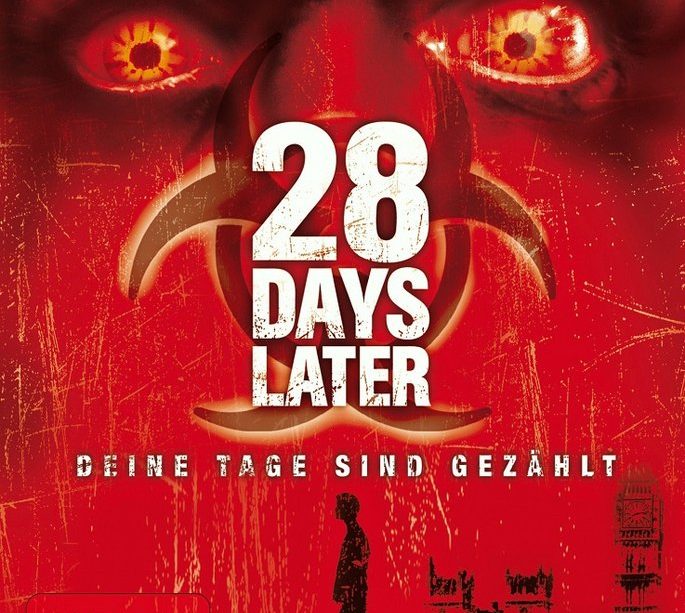The Cultural Impact of 28 Days Later

Introduction
’28 Days Later’, directed by Danny Boyle and released in 2002, is a British post-apocalyptic horror film that has left a significant mark on the zombie genre and contemporary cinema. Its relevance can be seen not only in the creative approach to storytelling but also in how it has influenced subsequent films and TV shows that portray similar themes of survival, collapse, and the human condition. The film introduced audiences to a new breed of fast-moving zombies, setting a precedent for future horror films.
Plot Overview
The film follows Jim, played by Cillian Murphy, who wakes up from a coma to find London deserted and overrun by infected individuals driven to violence by a rage-inducing virus. As he journeys through a terrifying landscape, Jim teams up with other survivors in a desperate bid to find safety and reclaim a sense of normalcy. The film expertly combines elements of horror, suspense, and social commentary, posing questions about humanity in crisis.
Impact on the Zombie Genre
Prior to ’28 Days Later’, zombie films largely connoted slow-moving, mindless creatures, a narrative that was effectively revitalized through Boyle’s vision. The film’s portrayal of fast-moving infected beings added an element of fear and urgency, changing the dynamics of the genre. Films such as ‘World War Z’ and TV series like ‘The Walking Dead’ followed suit, drawing evident inspiration from the pacing and intensity that ’28 Days Later’ established.
Cultural Significance
The socio-political commentary embedded in ’28 Days Later’ also merits attention. It reflects post-9/11 fears, existential dread, and the fragility of civilization. The film becomes a narrative on societal collapse and the human struggle for survival amid chaos. Its filming in real locations around London (using a deserted cityscape) contributes to a haunting realism, making it more than just a horror film but a reflection on real-world anxieties.
Conclusion
As we continue to navigate through an evolving landscape of cinema, the influence of ’28 Days Later’ remains strong. It has set a benchmark for how horror films address broader themes while providing intense, visceral experiences. The film’s legacy persists, inspiring filmmakers to explore complex narratives within the genre, ensuring that ’28 Days Later’ is far more than a mere horror film—it is a significant cultural artifact that resonates with audiences to this day. Film enthusiasts and scholars often call it a game changer, underscoring its enduring significance in the realm of horror and beyond.









